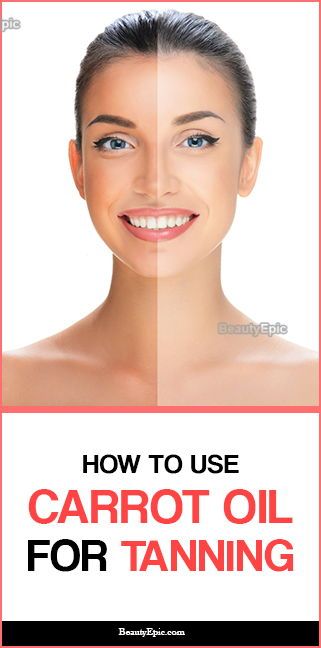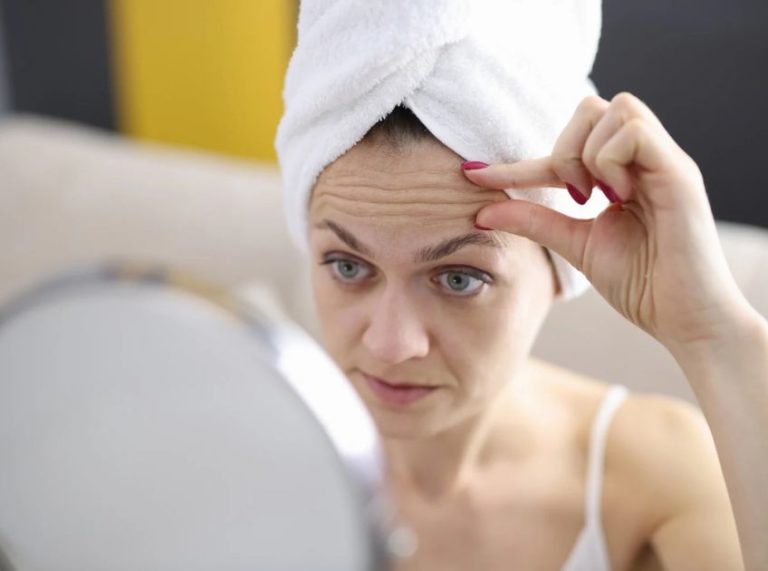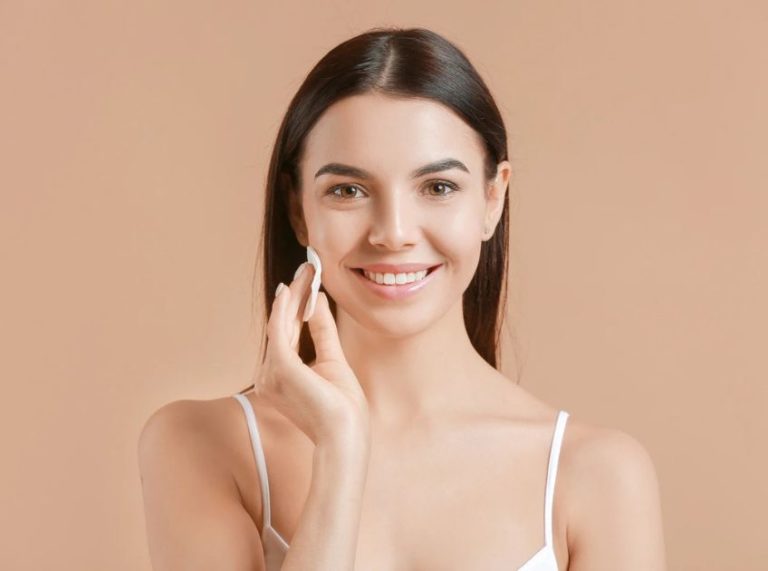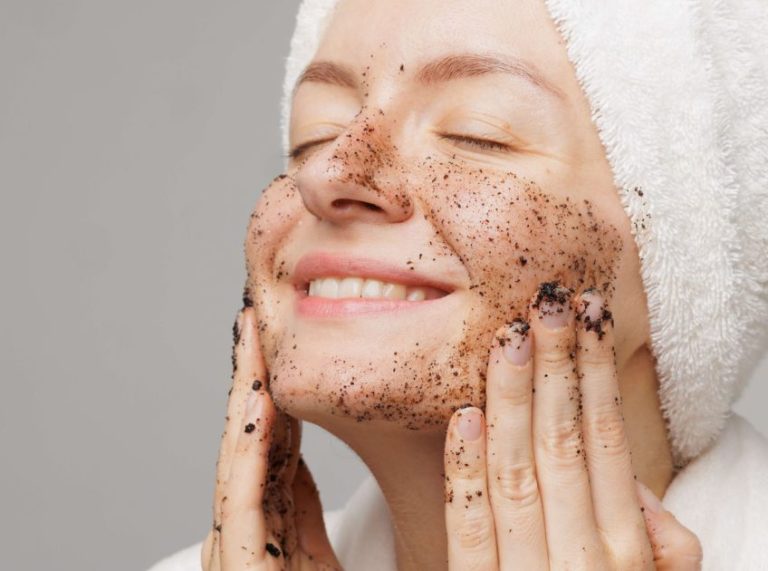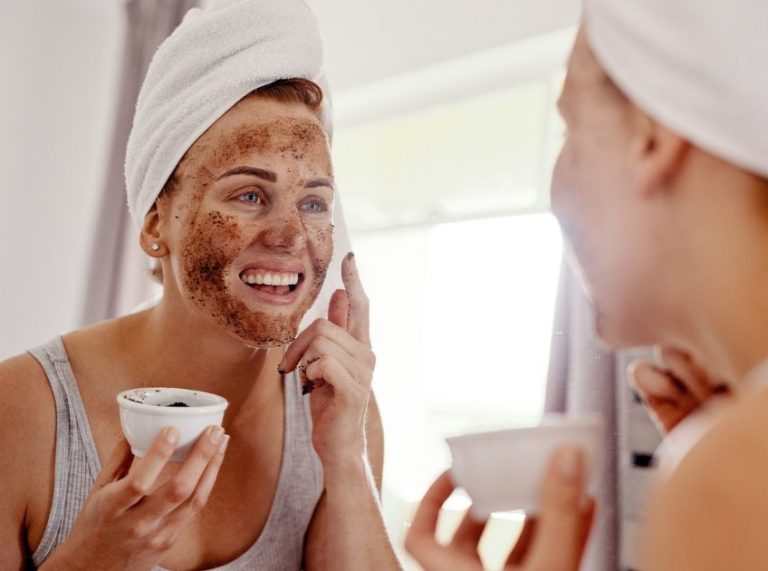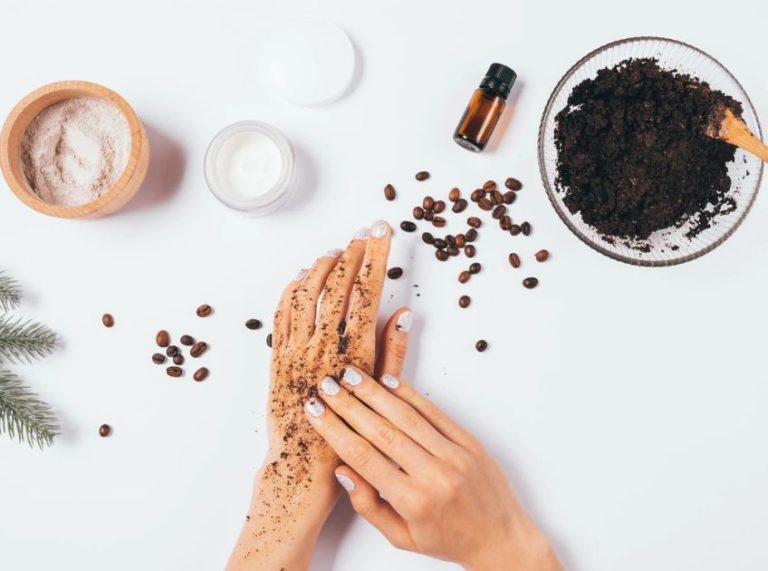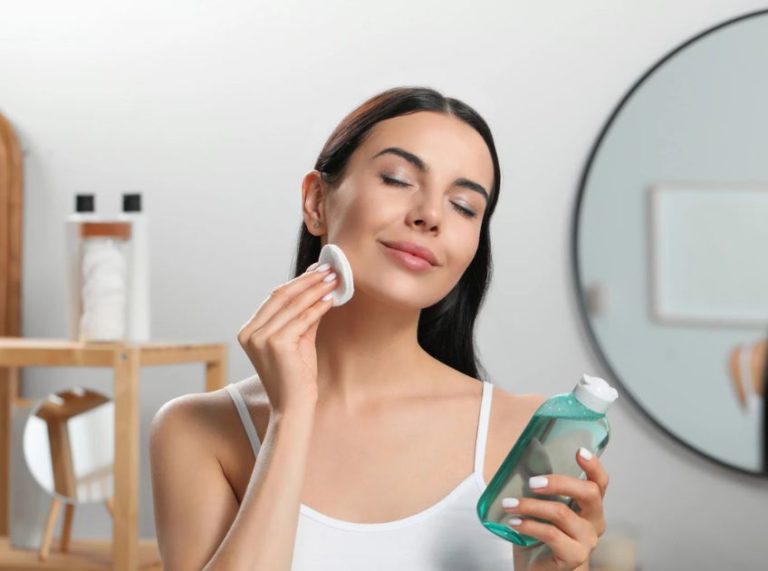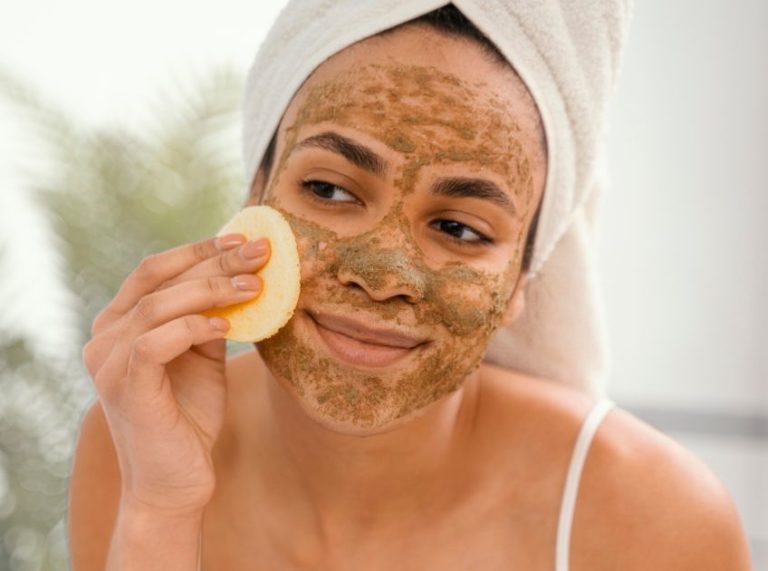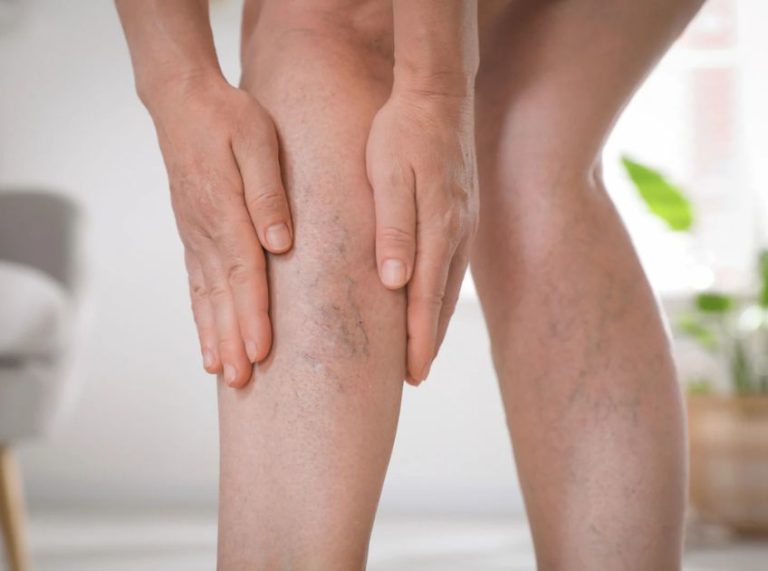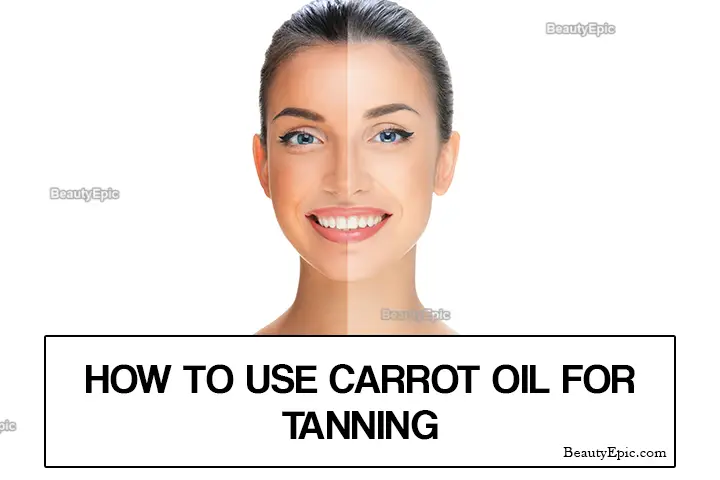
Important: This article is for informational purposes only. Please read our full disclaimer for more details.
Indoor skin tanning is increasingly rising in various parts of the world due to the fact that people desire to have a glowing skin that looks natural. As a result, various products are coming up daily in an effort to ensuring people acquire what they want. Despite the dangers that are associated with skin tanning, about $31.2 billion is being spent yearly on tanning products by the US citizens in order to make their skins lighter.
Does Carrot oil Work for Tanning?
However, have you ever asked yourself if carrot oil can be used for tanning? Indeed, carrot oil is one of the leading natural oils that are very effective in skin tanning without causing any side effects. Although many people prefer going for products that are chemically manufactured, carrot oil also works out best especially when combined with other products. Carrot oil contains various vitamins like A and C which maintains the youthful appearance of the skin by preventing ageing.
How to Use Carrot Oil for Tanning
Ingredients:
(i). Avocado oil:
It’s a good moisturising product that makes the skin soft leaving it to glow. It has various components that boost skin repair and growth. As a transportation agent, it promotes and maintains the osmotic properties of the skin which is very essential for skin tanning.
(ii). Coconut oil
It protects the skin from the effects of ultraviolet radiation. Nonetheless, it contains antibacterial components which help the skin right against bacteria which can make the skin to age quickly. In terms of the skin appearance, coconut oil also softens the skin thus promoting the tanning process.
[ Read: How to Use Coconut oil for Tanning ]
(iii). Aloe Vera
It’s a hydrating product that keeps the skin supple and smooth including lowering the irritation of the skin that usually results from running. It also contains the healing properties that keep the skin off from damages.
How to do:
- Add two drops of carrot oil in a mixture containing Aloe Vera, coconut oil and avocado oil.
- Blend the mixture thoroughly until a fine and uniform mixture is obtained and let it settle for about 30 minutes in a cool place.
- Before applying it on your body using the palms of your hands on then massaging using the fingertips.
How to Make Carrot oil for Tanning
However, in case you would like a naturally prepared carrot oil, then you will have to prepare it yourself although it requires some patience.
- Simply slice two or three carrots into think pieces and place them in a bowl to dry.
- Take a fresh piece of aloe Vera and press to squeeze out the water into the dried carrot and then add some avocado.
- Mix them thoroughly and store the store it for 1 two 2 weeks before using.
- Apply the product to your skin directly and massage since it has no side effects.
When to do: It’s advisable to use carrot oil on a daily basis during sleep time for better results.
Does Carrot oil Make You Tan Faster?
The time that carrot oil takes in order to tan the skin. Tanning effects of carrot oil begins just two days after starting to use it.
However, a complete skin tan occurs after one week of constant use.
Carrot oil works best in tightening the skin pores by moisturising the skin. It also balances the nature of an oily skin. None the less, it prevents wrinkles from occurring and detoxifies the skin thereby promoting tanning.
You Might Also Like:
- How to Use Olive oil for Tanning
- How to Use Aloe Vera for Sunburn?
- How to Remove Tan with Honey
- How To Use Coconut Oil For Tanning?
- Does Baby Oil Help You Tan?- Is It Safe And Effective To Use?
- 10 Best Indoor Tanning Lotion Without Bronzer for Pale Skin
- 7 Best Indoor Tanning Lotions For Face
- 10 Best Lotion To Use After Spray Tan
- 7 Best Outdoor Tanning Lotions For Fair Skin
- 10 Best Tanning Bed Lotion for Cellulite
- 7 Best Tanning Bed Lotions For Fair Skin
- 10 Best Tanning With SPF
- 10 Best Tingle Tanning Lotions
- Does Coconut Oil Help You Tan
- What UV Index Is Good For Tanning
- Does Being Tan Makes You Look Skinnier?
- Can You Tan In The Winter?
- 7 Best Tanning Oils For Pale Skin

